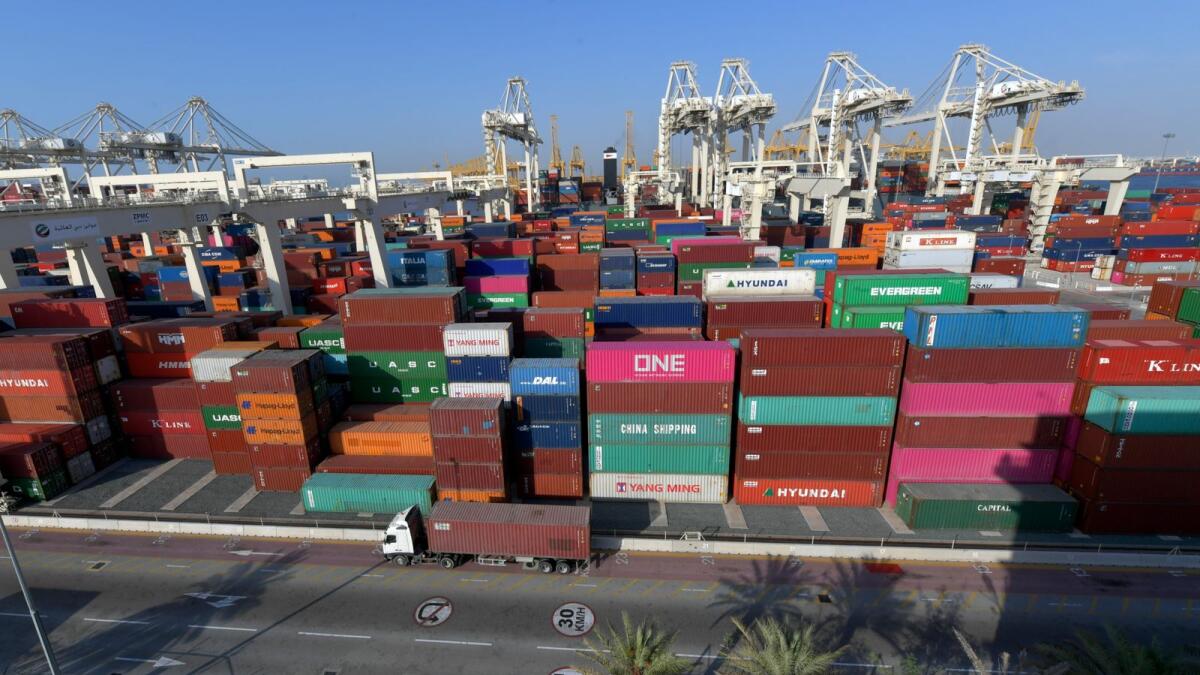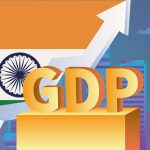Dubai’s economy is showing a strong growth despite the overall weakness in the UAE as a whole. According to the Purchasing Managers’ Index report, Dubai’s non-oil private sector experienced a robust expansion in business conditions. Despite a slower upturn in new business volumes, overall activity levels rose at the fastest pace in four months, leading businesses to increase staffing and inventories. The GDP of Dubai reached Dh115 billion in the first quarter of 2024, with key sectors like transportation, finance, trade, communications, hospitality, and real estate all seeing significant expansion. This growth trend is a continuation of the success seen in 2023.
The survey data indicated a sharp rise in overall input costs in Dubai during September, with inflation easing to a five-month low. Output prices also increased as firms tried to pass through costs to customers, resulting in the quickest rise in charges since 2018. However, across the UAE, activity and new orders improved at softer rates, with employment growth being the weakest since December 2022. Output charges also recorded the fastest rise in more than six and a half years.
The seasonally adjusted PMI in the UAE dipped to 53.8 in September from 54.2 in August, showing a loss of momentum in the non-oil private sector. David Owen, a senior economist at S&P Global Market Intelligence, highlighted the challenges faced by businesses, including softer sales growth despite a strong uplift in purchases. Output expectations are at their lowest since early 2023, with firms opting to maximize revenues while sales are still strong. Competition, cost pressures, and a cautious outlook for the upcoming year were all contributing factors to the challenges faced by businesses in the UAE.
A recent pivot towards selling price hikes persisted in September across the UAE, with businesses raising charges at the fastest pace since January 2018. Shipping, petrol, technology, and maintenance costs were reported as sources of inflationary pressures. Despite robust gains, rates of growth in activity and new business across the non-oil economy receded at the end of the third quarter. Output predictions for the year ahead moderated to their weakest in 18 months, with new order growth softening and fewer hires reported in September.
Overall, the data from the PMI report highlights the challenges faced by businesses in Dubai and the UAE, despite the overall growth in the non-oil private sector. With rising input costs, competition, and softer sales growth, businesses are navigating through a challenging economic landscape. However, the resilience and adaptability of these businesses will be crucial in overcoming these challenges and sustaining growth in the future.











